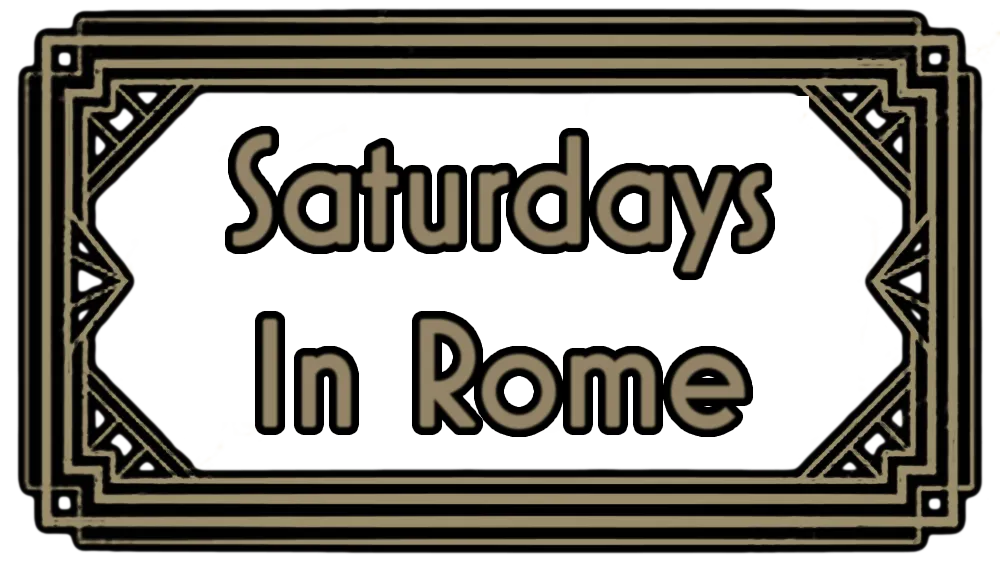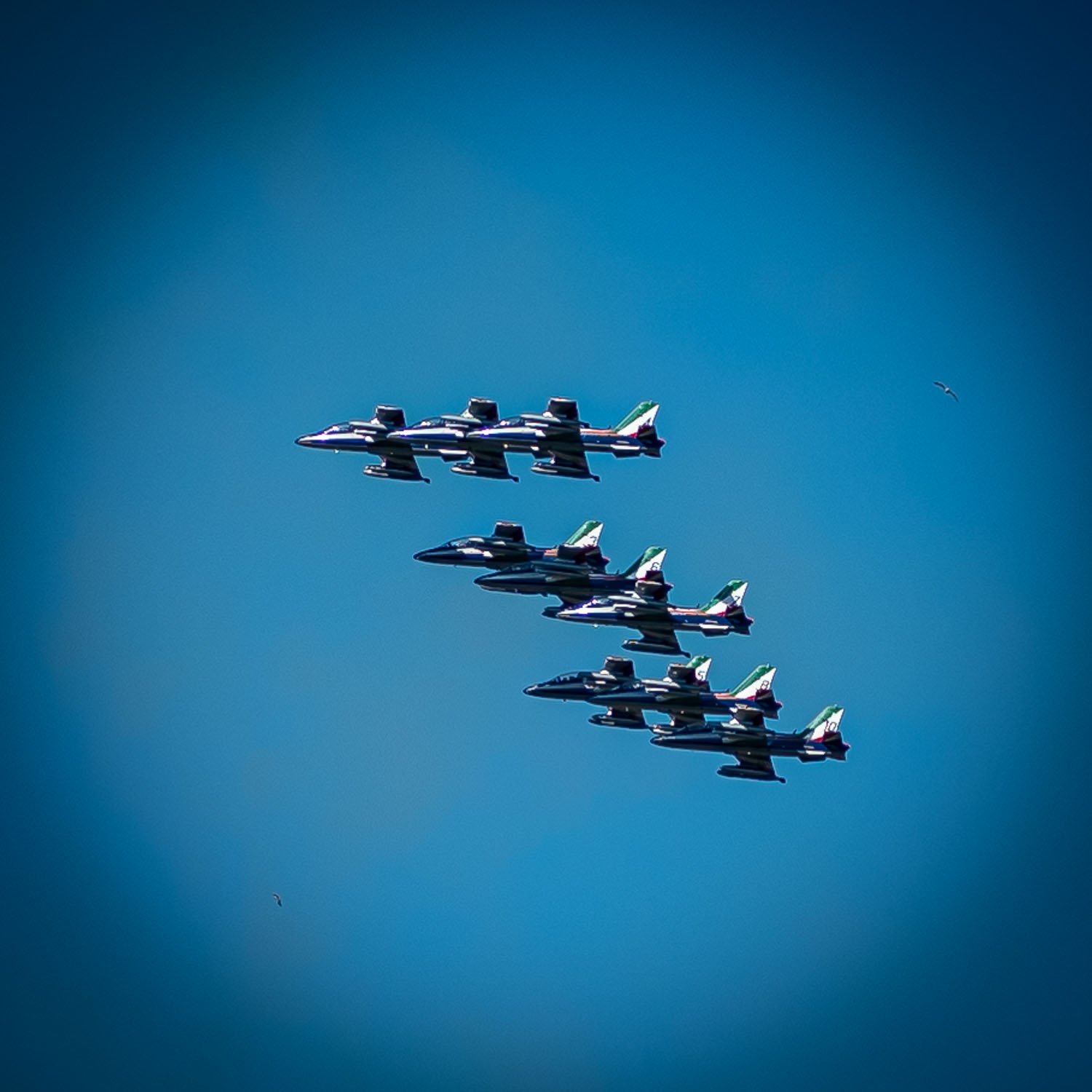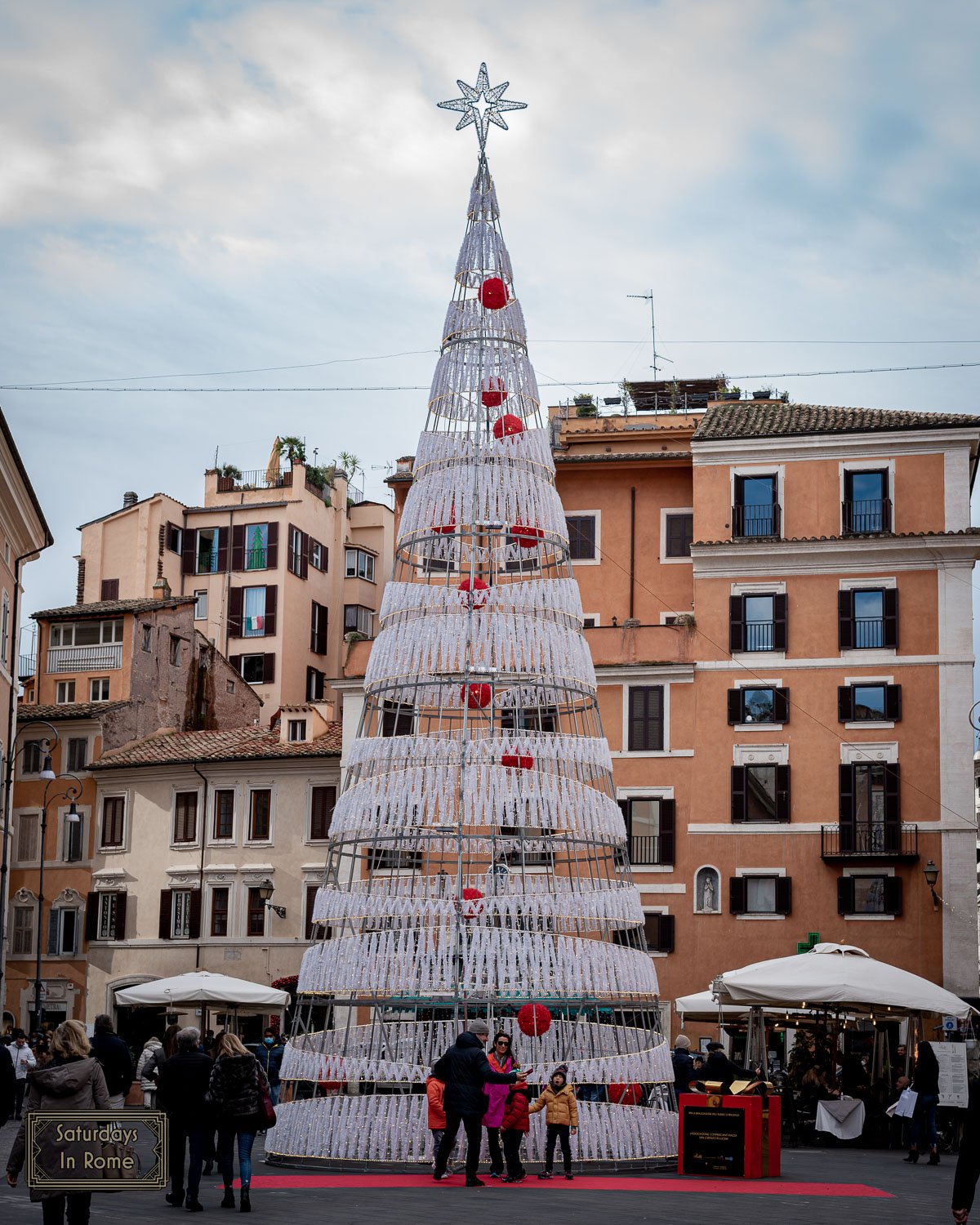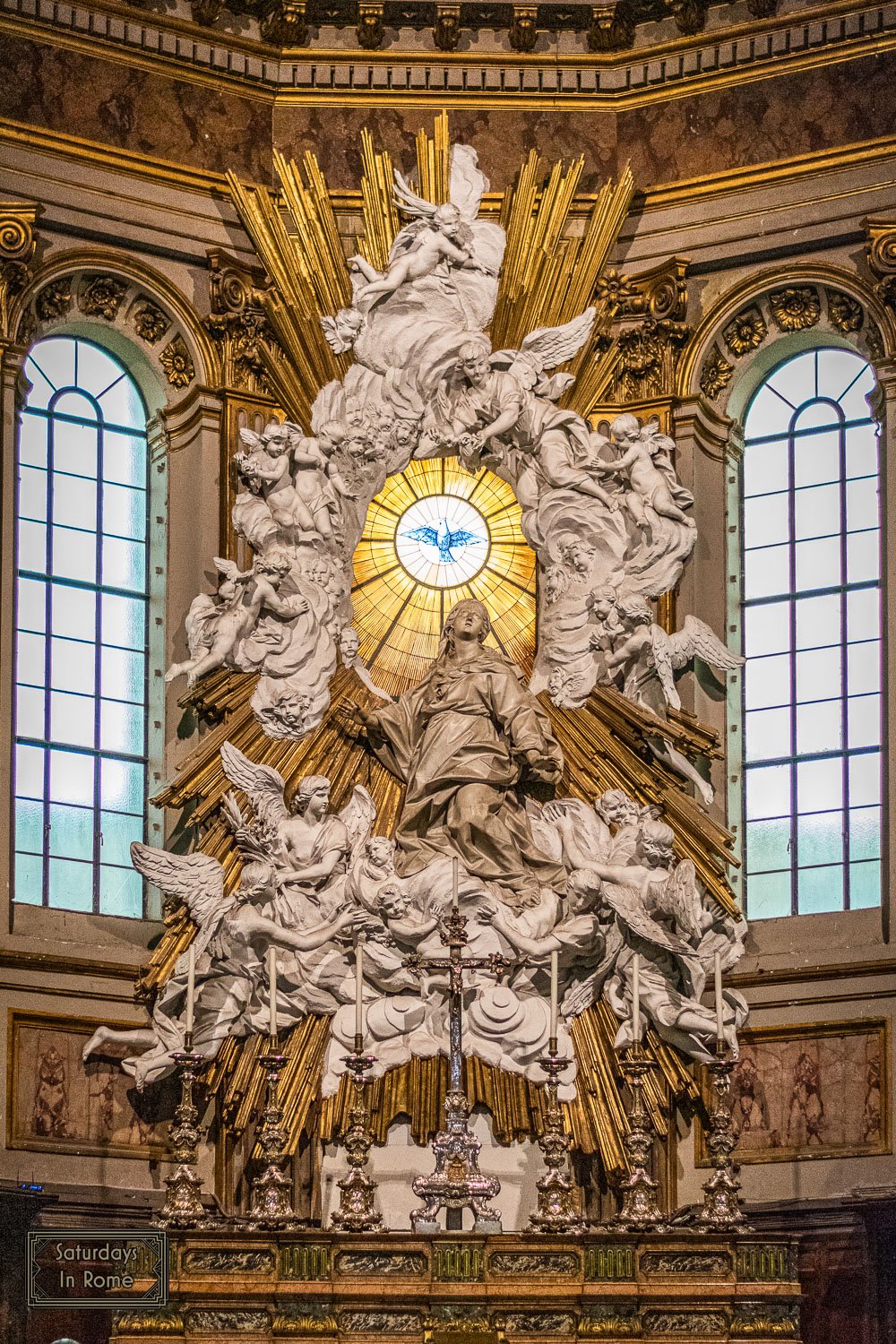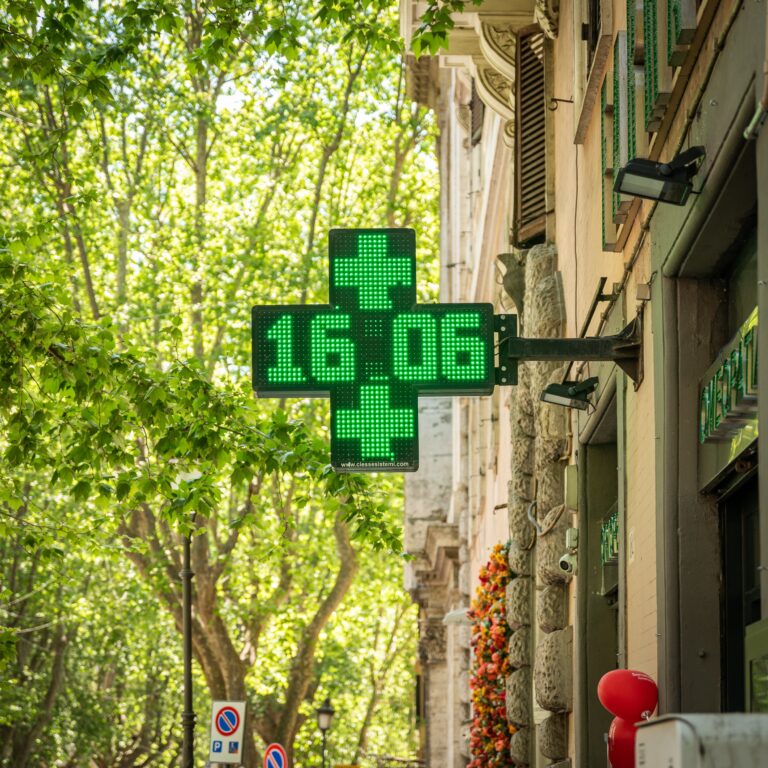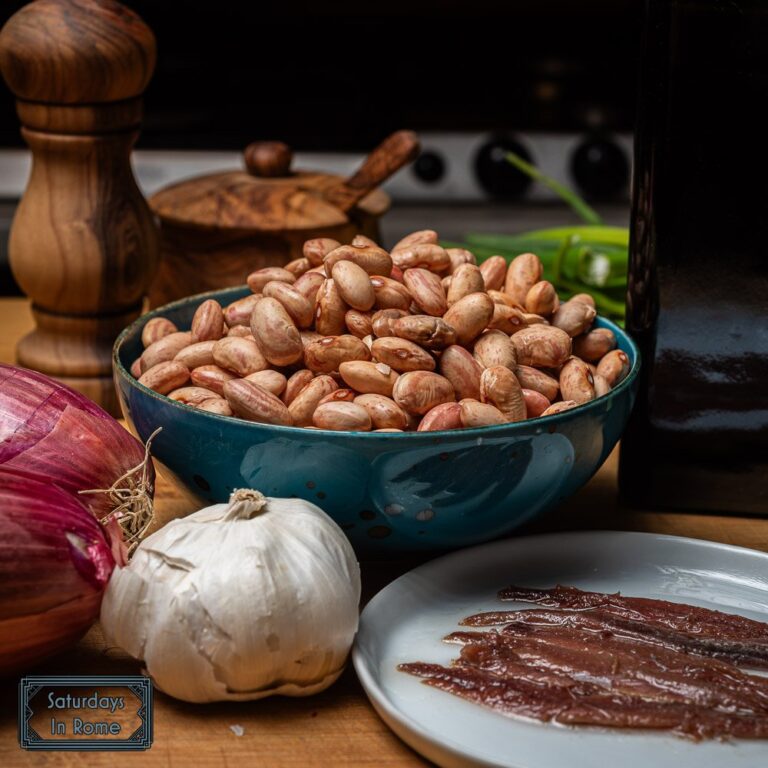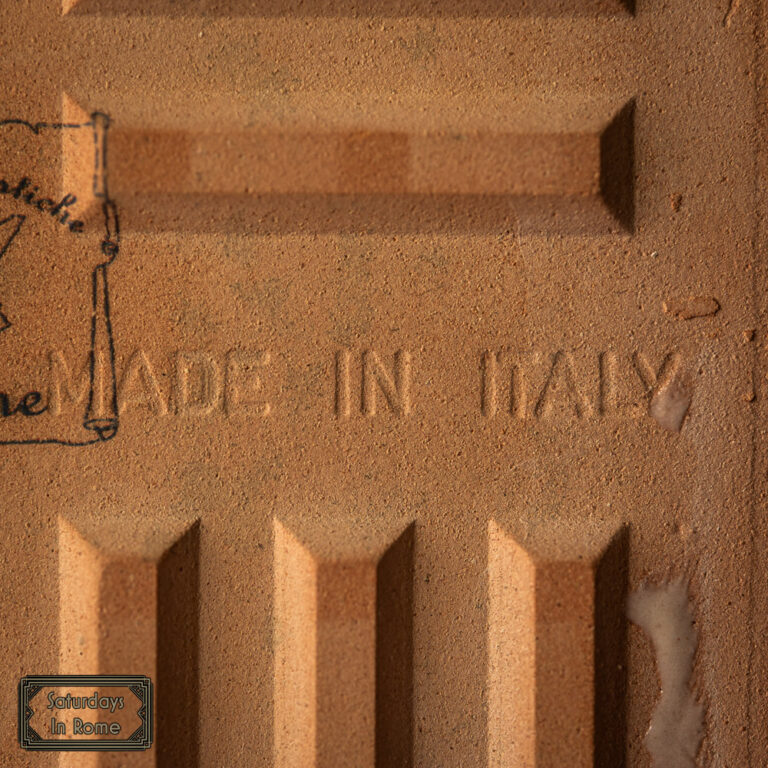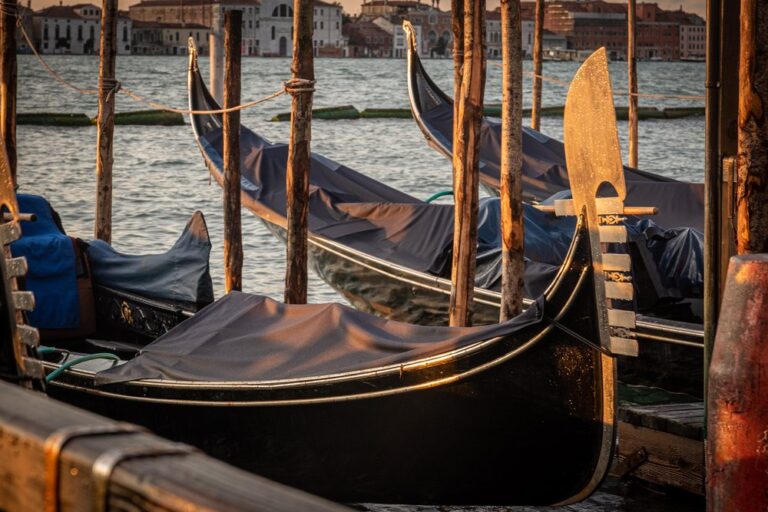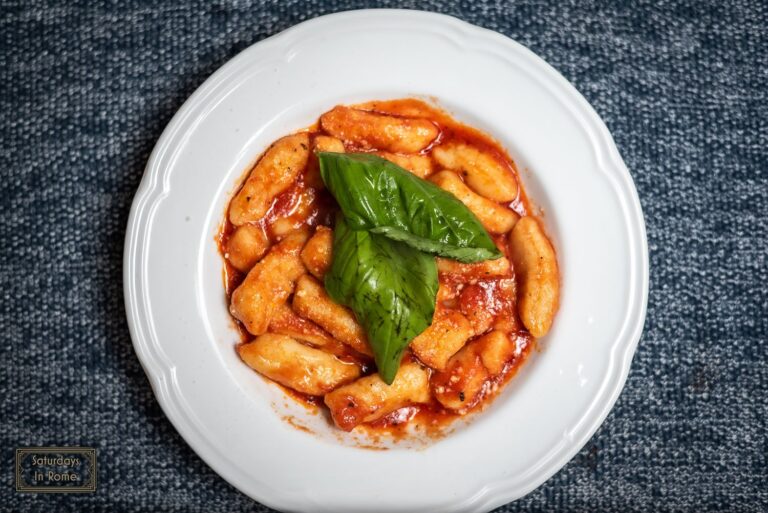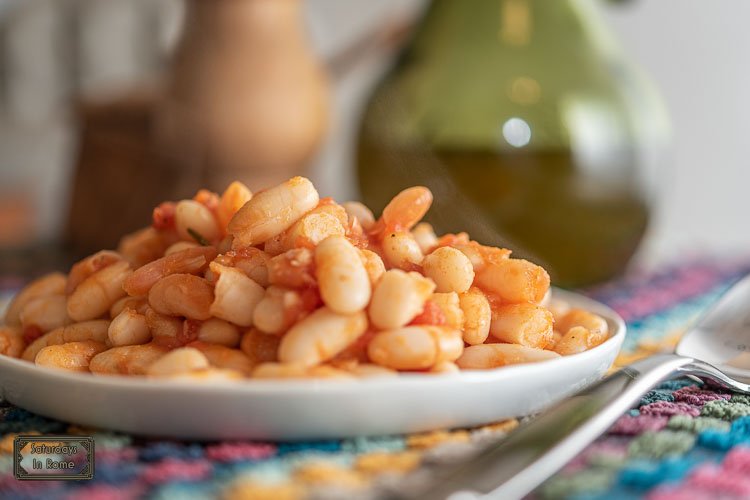Major Italian Holidays And Traditions For Vacation Planning
The major Italian holidays and traditions are important to be aware of when planning a trip to Italy so that your amazing vacation won’t be interrupted.
White and Red Christmas Tree
How Many Public Holidays Are There In Italy?
There are fourteen national holidays in Italy, with 12 of them public holidays and 2 of them non-public holidays, meaning you don’t typically get a day off and the stores are not closed on the non-public holidays. If you have read much of this blog, you might expect that my focus of holidays is the type of food available. Not all holidays include a meal, but those that do are very special to me.
What Is The Biggest Public Holiday For Italians?
- New Year’s Day (Capodanno)
- Not unique to Italy, of course, New Years Day celebrates the first day of the year on January 1st. Unsurprisingly, in Italy food and drink feature strongly in the celebrations. Dinner often highlights the traditional Cotechino con Lenticchie and Italian sparkling wine is a must-have to begin and end the night.
- La Befana (Epifania)
- Celebrated on January 6th, the tradition of La Befana is that of an old soot-covered woman or witch who delivers presents to Italian children on the night before La Befana. It turns out that it is also the official end to the Christmas holiday season and time to throw out your Christmas tree.
- Easter (Pasqua)
- In 2022, Easter was celebrated on Sunday, April 17 and when you consider the Roman Catholic tradition in Italy, you can imagine that it is one of the most important holidays, second only to Christmas. My favorite tradition is the Colomba, a dove-shaped bread made with almonds, sugar and egg whites. Not very different from Panettone, it makes a great breakfast treat.
- Easter Monday (Pasquetta)
- Celebrated the Monday following Easter Sunday, in 2022 it was celebrated on April 18. This is an interesting addition to the Easter holiday weekend for me because in the US, typically you are back to work on the Monday after Easter. In Italy, tradition dictates that you have a picnic, and even with portable grills to celebrate the end of Winter and the unofficial start of the Spring season.
- Liberation Day (Festa della Liberazione)
- This holiday, celebrated in Italy on April 25th, isn’t religious nor does it involve food. It commemorates the victory of the Italian resistance movement against Nazi Germany and the Italian Fascists during World War II.
- Labor Day (La Festa dei Lavoratori)
- Labor Day in Italy, also known as May Day and International Workers Day, is celebrated world-wide on May 1st. I haven’t seen much food involved during this holiday, but there are celebrations and concerts held. In Rome, there is an annual concert held at the Basilica Of St. John Lateran.
- Republic Day (Festa della Repubblica)
- Republic Day in Italy is celebrated on June 2nd to commemorate the vote in 1946 when the Italian people were called to the polls to decide on the form of government following the Second World War and the fall of Fascism. In addition, it marked the transition from a Monarchy to a Republic. The day is marked with parades, wreath laying and flyovers, but sadly no specific food is involved in this holiday.
- Ferragosto (Ferragosto)
- Ferragosto is officially celebrated on August 15, which is also the Catholic holiday Assumption of Mary, but the holiday celebration can last days, weeks or even the entire month of August. I wrote previously about Ferragosto, and I’m happy to mention that food is integral in this holiday. Packing lunch and bringing it to be enjoyed during your day at the beach has become a tradition in Italy. More specifically, the food of choice is some variation of fowl. In Tuscany and Emilia Romana the old tradition is a lunch of roast pigeon which still survives, in Rome their tradition is a stewed chicken, followed by watermelon and further south in Puglia, they too enjoy a roaster with some potatoes.
- All Saints’ Day (Tutti i Santi / Ognissanti)
- I have heard that the American tradition of Halloween is growing in popularity in Italy, but I can tell you that I saw no evidence of that here in Rome. November 1st is a day when many Italians go home to be with family and to pay their respects to dearly departed relatives. Because the holiday is fairly somber, the food is delayed until the following day, All Souls day.
- Immaculate Conception Day (Immacolata Concezione)
- This Catholic holiday takes place on December 8th and while it doesn’t directly involve food, it marks the beginning of the Christmas season, and more specifically the Christmas shopping season. I want to keep the descriptions more secular because I am trying to keep this blog non-religious, which can be difficult when you consider all the religious sites and culture here in Rome.
- Christmas Day (Natale)
- I would say that Christmas day, on December 25th, marks the peak of season eating. This public holiday has recently meant Xmas eve with Chinese food and cooking an elaborate meal at home on the 25th. We have mixed things up since moving to Rome, but it will also involve large meals, Prosecco and relaxing.
- St. Stephen’s Day (Santo Stefano)
- I think this is another holiday, which takes place on December 26th, that has a religious name but really exists only to have a day off after another big holiday (Christmas), not unlike Pasquetta. The food is leftovers from Christmas and relaxing with family one more day.
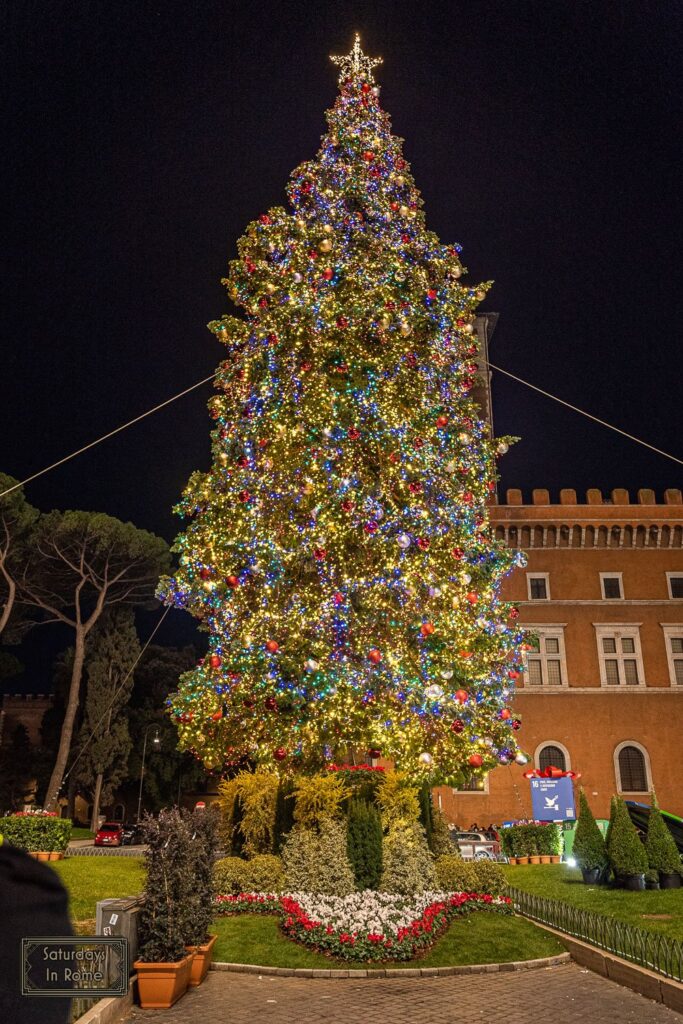
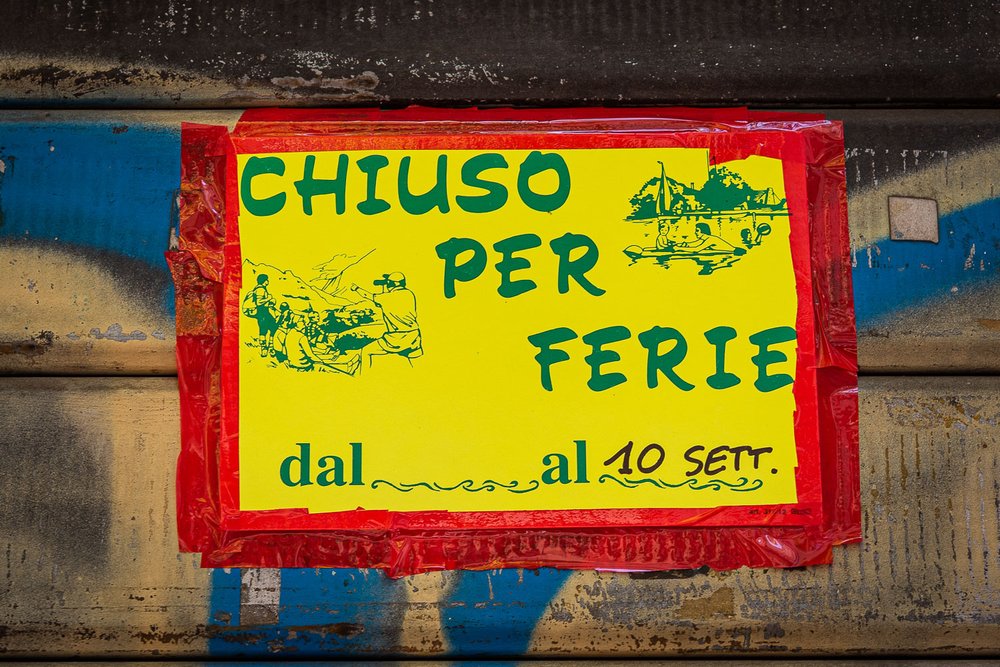
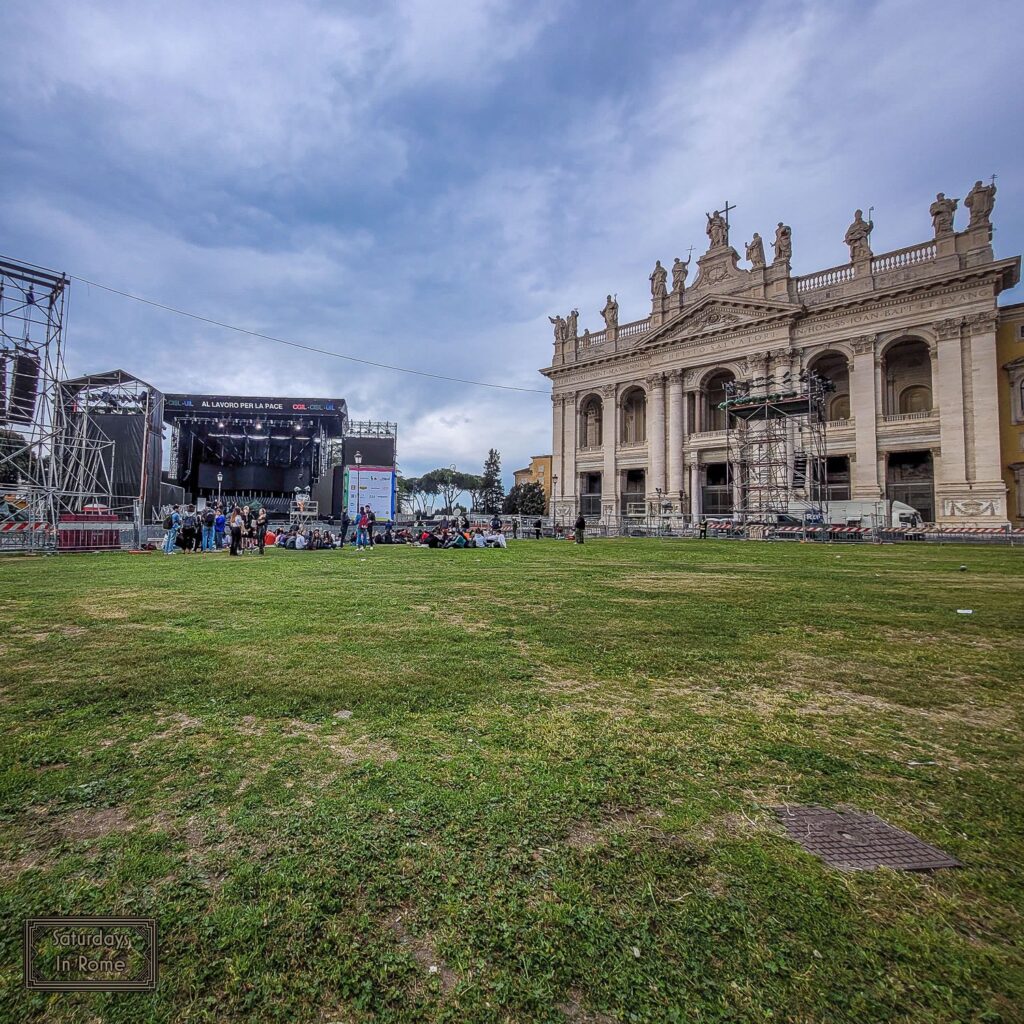
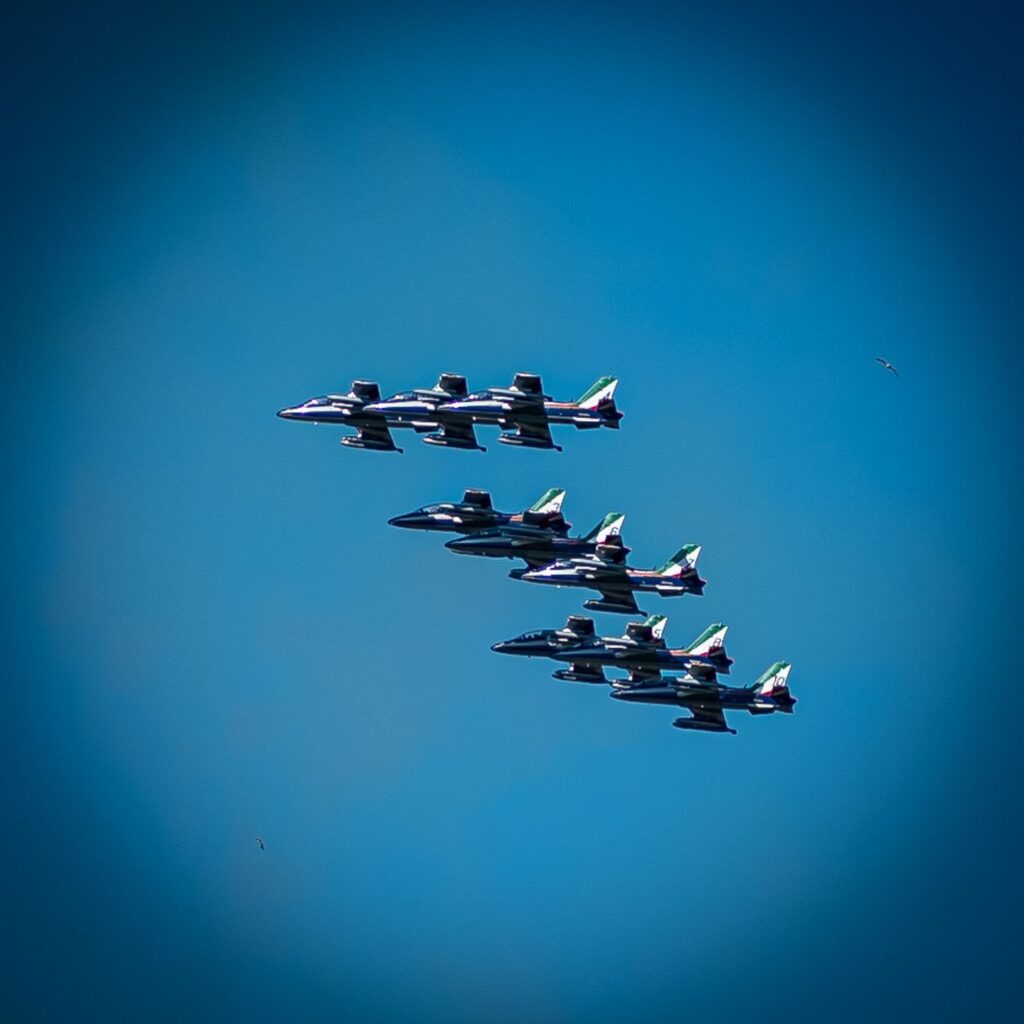
Non-Public National Holidays In Italy
- Father’s Day (Festa del Papà)
- This holiday is held on March 19th, which is also when St. Joseph’s Day is celebrated. You don’t get a day off from work, and the shops are open, but on the plus side, there is a seasonal pastry that you typically can only get at this time called. Zeppole di San Giuseppe.
- Mother’s Day (Festa della Mamma)
- Luckily for my son, Mother’s Day in Italy is on the same day as in Italy, May 8th in 2022, but more generally it is the second Sunday in May. I don’t yet personally know what the food tradition would be for this holiday, apart from a typical trip to a nice restaurant, because my son and wife were out of the country this past year. I say luckily because our son doesn’t need to remember a new date for Mother’s Day, unlike Father’s Day.
What Holidays Are Unique To Italy?
There are some major regional holidays in Italy, all with their own traditions, so if you are planning to visit or if you live in one of these cities, you should probably familiarize yourself with these celebrations:
Cathedral of San Gennaro in Naples
- Rome: The 2,776th Birthday Of Rome, April 21, 2023
- Venice: Feast of St. Mark (Festa di San Marco), April 25th
- Sardinia: Sardinia’s Day (Sa Die de Sa Sardigna), April 28th
- Florence, Genoa and Turin: Feast of St. John the Baptist (Jani), June 24th
- Rome: Saint Peter and Saint Paul (La Festa di San Pietro e Paolo), June 29th
- Palermo, Sicily: Feast of St. Rosalia (Festino di Santa Rosalia), June 15th
- Naples: Feast of St. Gennaro (Festa di San Gennaro), September 19th
- Bologna: Feast of St. Petronius (Festa di San Petronio), October 4th
- Trieste: Feast of St. Giusto (Festa di San Giusto), November 2nd
- Bari: Feast of St. Nicholas (Festa di San Nicola), December 6th
- Milan: Feast of St. Ambrose (Festa di Sant’Ambrogio), December 7th
More Help With Italian Holidays And Traditions
If you want to learn more about important Italian holidays and traditions, here are some more posts that I think you will find interesting:
- How Amazing Is Ferragosto In Italy?
- Try Living La Dolce Vita!
- What To Expect With The Rome Climate.
- Is It Illegal To Speak English In Italy?
- The Annual 100 Nativity Scenes At The Vatican.
- Christmas Markets In Rome.
- Cool Things To Buy In Rome for your gift-buying needs any time of the year.
